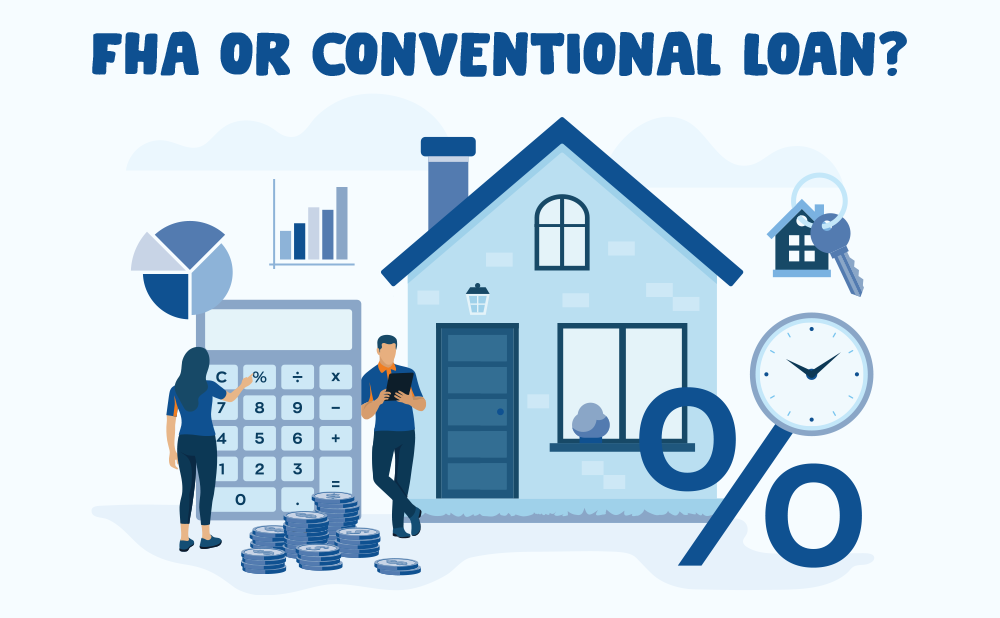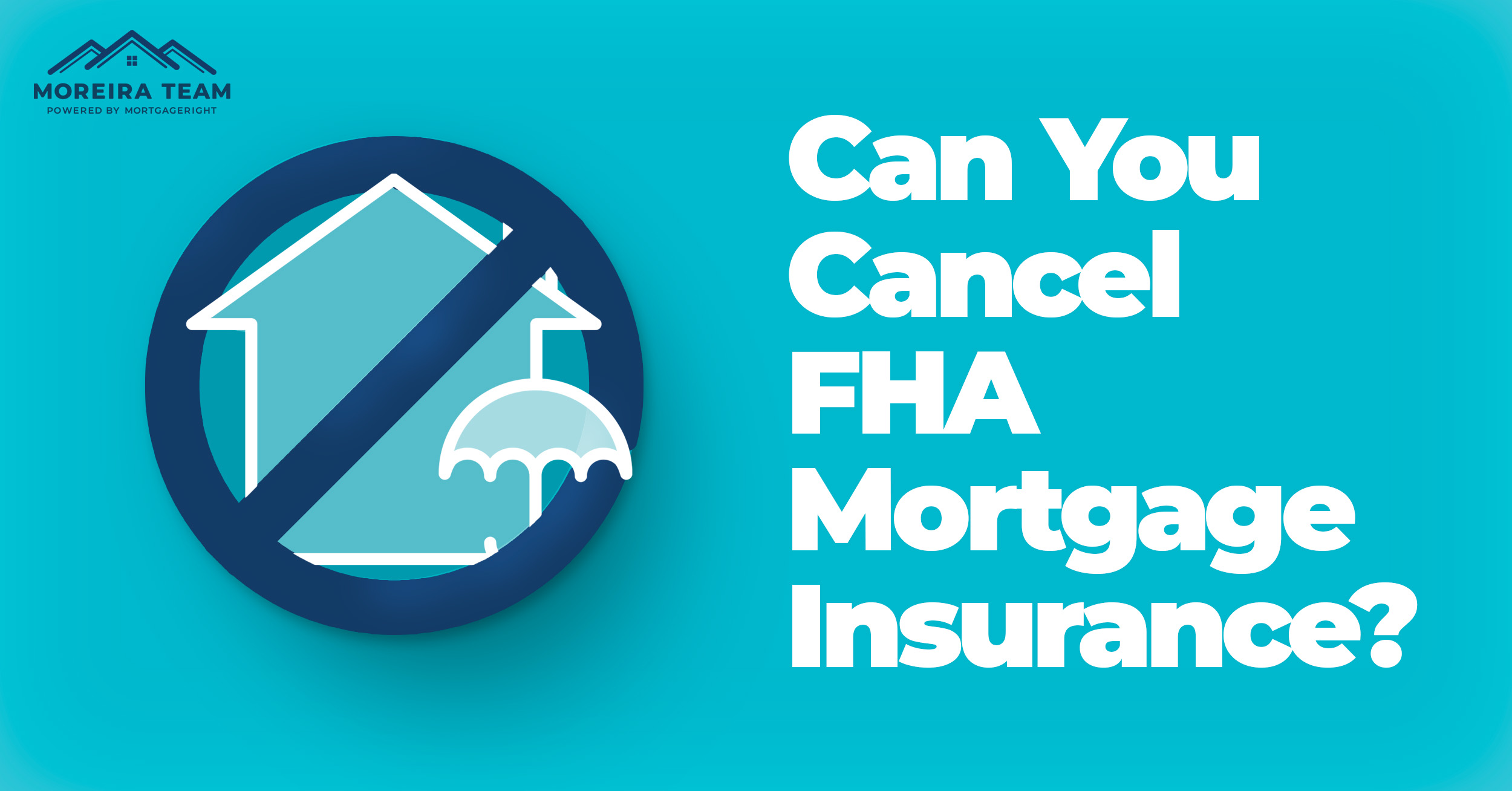When buying a home, one of the key considerations is how to manage the cost of the mortgage, including additional expenses such as mortgage insurance. For homebuyers who choose an FHA loan, understanding FHA mortgage insurance is critical, as it can significantly impact your monthly payment and overall home affordability. In this post, we’ll cover everything you need to know about FHA mortgage insurance, including how it works, the costs involved, and how it compares to conventional loan insurance.
What Is FHA Mortgage Insurance?
Federal Housing Administration (FHA) loans are popular among first-time homebuyers and those with less-than-perfect credit because they offer more flexible qualification requirements. However, one of the trade-offs for the lower down payment requirements and lenient credit score thresholds is the need for FHA mortgage insurance.
FHA mortgage insurance is designed to protect the lender in case the borrower defaults on the loan. Essentially, it reduces the risk for the lender, making it possible for borrowers to secure a loan even if they have a smaller down payment or lower credit score. But this insurance comes with a cost, which is added to the borrower’s monthly mortgage payment.
FHA loans require two types of mortgage insurance premiums (MIP):
- Upfront Mortgage Insurance Premium (UFMIP): This is a one-time premium paid at the time of closing. As of 2024, the UFMIP is 1.75% of the loan amount.
- Annual Mortgage Insurance Premium (MIP): This premium is paid annually but divided into monthly installments and included in your mortgage payment. The rate depends on the loan term, loan amount, and loan-to-value ratio (LTV), ranging from 0.45% to 1.05%.
FHA Mortgage Insurance in 2024: Updates and Changes
As of 2024, the structure of FHA mortgage insurance premiums remains largely the same. However, it’s important to stay informed of any updates or changes that could affect the cost. For example, there have been discussions in recent years about reducing the MIP for borrowers with stronger credit scores or longer payment histories. Keeping an eye on these developments can help you make better financial decisions if you’re considering an FHA loan.
FHA vs. Conventional Loans: Which One Offers Better Mortgage Insurance?

When choosing between an FHA loan and a conventional loan, one of the main points of comparison is mortgage insurance. Both types of loans offer the opportunity to finance a home with a low down payment, but the structure and cost of mortgage insurance differ significantly.
FHA Mortgage Insurance
- Down Payment: FHA loans allow down payments as low as 3.5%, which makes them attractive to first-time buyers or those who haven’t saved enough for a large down payment.
- Mortgage Insurance Requirements: FHA loans require both the upfront and annual mortgage insurance premiums, regardless of the down payment size.
- Duration of Mortgage Insurance: For most FHA loans, mortgage insurance is required for the life of the loan unless you put down at least 10%, in which case you can remove the insurance after 11 years of payments.
Conventional Loan Private Mortgage Insurance (PMI)
- Down Payment: Conventional loans typically require a down payment of at least 5%, though a down payment of 20% or more will allow you to avoid PMI entirely.
- Mortgage Insurance Requirements: If you put down less than 20%, you’ll need to pay PMI, which is similar to FHA’s MIP. However, PMI is usually lower than FHA mortgage insurance, especially for borrowers with strong credit scores.
- Duration of Mortgage Insurance: With a conventional loan, you can request PMI removal once you reach 20% equity in your home. The lender is also required to remove PMI automatically when your equity reaches 22%.
Which Is Better?
The answer depends on your financial situation. FHA loans are often better for borrowers with lower credit scores or those who can’t afford a large down payment. FHA’s flexible requirements make it easier for these borrowers to qualify for a loan. However, conventional loans tend to offer lower overall costs for borrowers with stronger credit scores and higher down payments because PMI is typically lower and can be removed sooner than FHA’s MIP.
For example, if you have a credit score of 720 or higher, a conventional loan might be a better choice because the PMI costs would be lower than FHA insurance premiums, and you’ll have the opportunity to eliminate mortgage insurance sooner.
How FHA Mortgage Insurance Premiums Work: Costs and Benefits

FHA mortgage insurance comes with both costs and benefits that are important for any borrower to understand. The upfront mortgage insurance premium (UFMIP) and the annual mortgage insurance premium (MIP) together can add a substantial amount to your overall mortgage cost, so it’s crucial to know how these premiums are calculated and how they benefit you as a borrower.
Upfront Mortgage Insurance Premium (UFMIP)
As mentioned earlier, FHA borrowers are required to pay an upfront mortgage insurance premium at closing. For most loans, this premium is 1.75% of the loan amount. While this fee is due at closing, many borrowers choose to finance it into their loan amount, which spreads the cost over the life of the loan.
For example, if you’re buying a home with a $300,000 FHA loan, your UFMIP would be $5,250. You can either pay this amount at closing or roll it into your loan, which would increase your loan balance to $305,250.
Annual Mortgage Insurance Premium (MIP)
The annual MIP is calculated based on the loan term, loan amount, and loan-to-value (LTV) ratio. The higher your loan amount or LTV, the higher your MIP rate will be. These premiums are broken down into monthly installments and added to your mortgage payment.
For example, on a $300,000 loan with a 30-year term and a 96.5% LTV, your MIP might be 0.85%, which translates to about $2,550 annually, or around $213 per month added to your mortgage payment.
Benefits of FHA Mortgage Insurance
While the cost of FHA mortgage insurance can seem steep, it does come with significant benefits. The most important benefit is that it allows borrowers who might not qualify for conventional loans to still buy a home. FHA loans make homeownership more accessible for first-time buyers, those with lower credit scores, or those who haven’t saved a large down payment.
Additionally, because FHA loans are backed by the government, interest rates tend to be lower than conventional loans, which can offset the cost of mortgage insurance in some cases.
Can You Get Rid of FHA Mortgage Insurance? Steps to Lower Your Costs

One of the most common questions borrowers have is whether they can remove FHA mortgage insurance, and the answer is that it depends on the specifics of your loan.
Removing FHA Mortgage Insurance
For loans taken out after June 3, 2013, the rules for removing FHA mortgage insurance are stricter. In most cases, FHA mortgage insurance will remain for the life of the loan unless you make a down payment of 10% or more. If you put down 10% or more, the mortgage insurance can be removed after 11 years of payments.
For borrowers who put down less than 10%, the only way to remove FHA mortgage insurance is by refinancing into a conventional loan once you have 20% equity in your home. This is a common strategy for homeowners looking to reduce their monthly payment and eliminate the cost of mortgage insurance.
Refinancing to Remove FHA Mortgage Insurance
If you’ve built up enough equity in your home, refinancing into a conventional loan can help you eliminate FHA mortgage insurance and potentially save thousands of dollars over the life of your loan. When refinancing, you’ll need to meet the qualifications for a conventional loan, including having a sufficient credit score and debt-to-income ratio. Additionally, you’ll need to have at least 20% equity in your home to avoid PMI with the new loan.
Before refinancing, it’s essential to calculate whether the savings from removing FHA mortgage insurance will outweigh the costs of refinancing, such as closing costs and fees.
Conclusion
FHA mortgage insurance is a key consideration for anyone taking out an FHA loan. While it can add to your monthly mortgage payment, it also provides the opportunity for many borrowers to achieve homeownership who might not qualify for conventional financing. By understanding how FHA mortgage insurance works, comparing it to conventional loan options, and exploring ways to reduce or remove the insurance over time, you can make informed decisions about the best mortgage option for your financial situation in 2024.
Read More:
Private Mortgage Insurance (PMI) Explained
Mortgage Insurance Explained: What It Is and Why You Might Need It
Types of Coverage for NFTs Insurance
The Risks of Not Insuring Your NFTs and Crypto Investments
